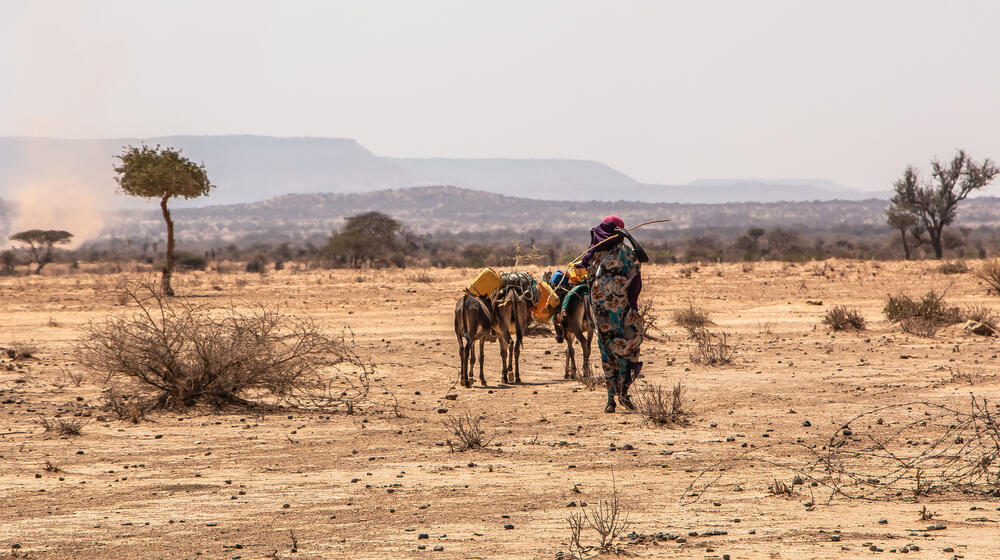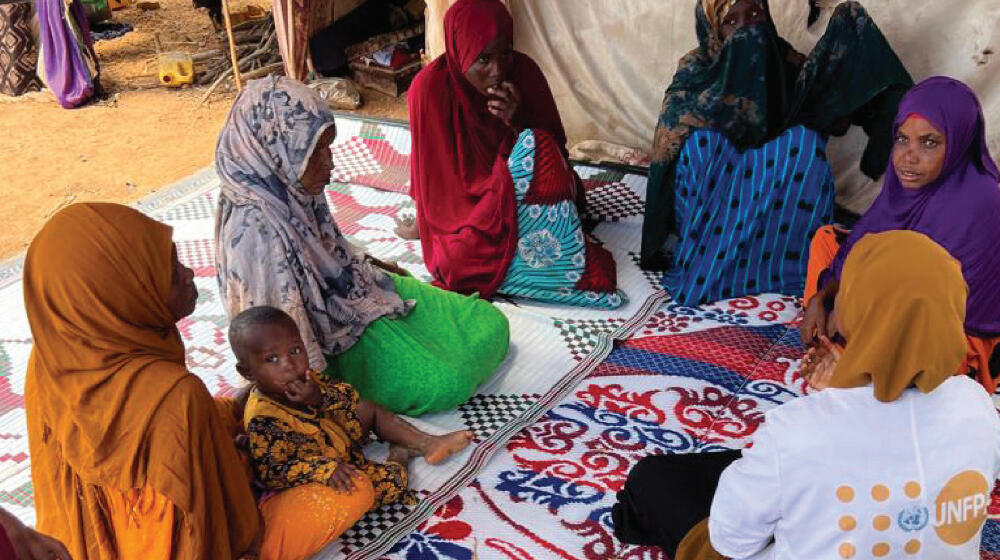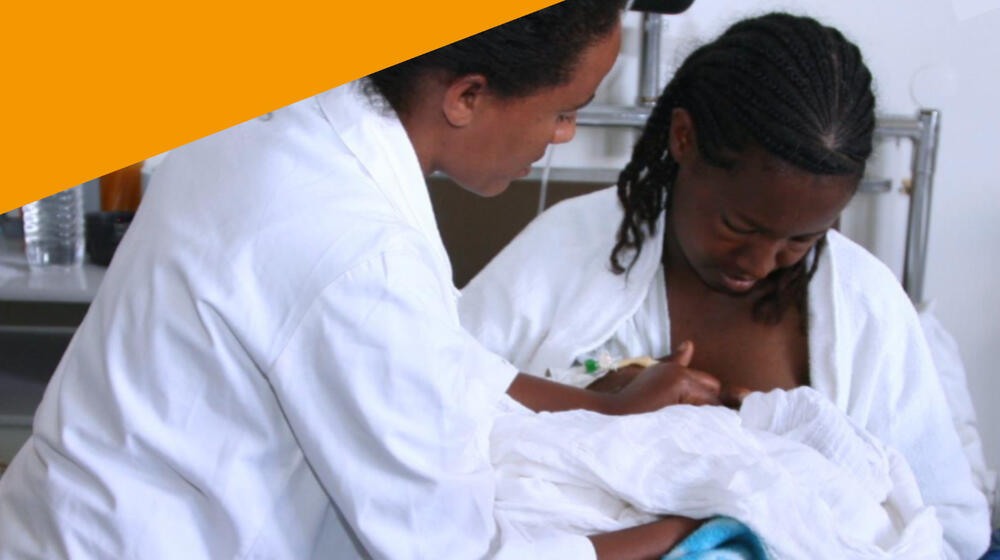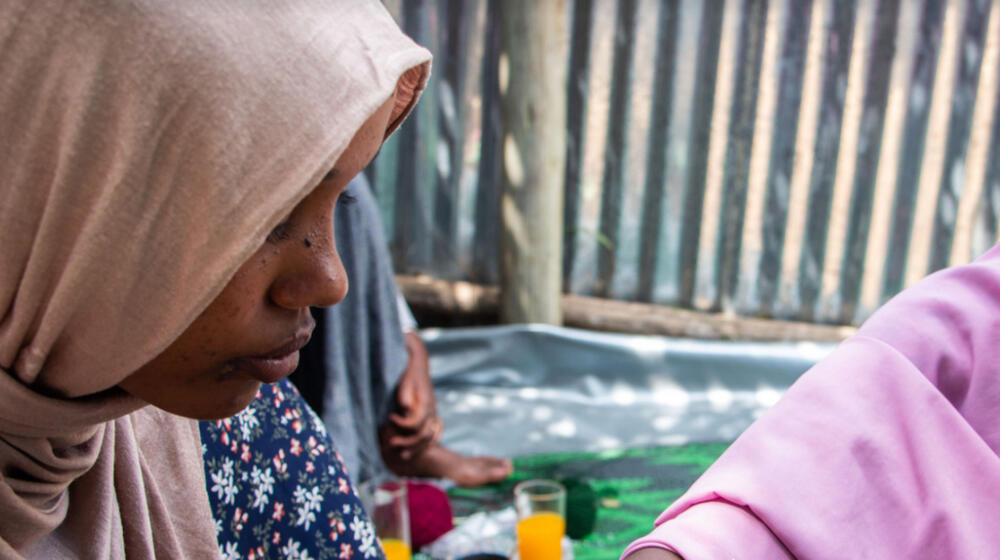Horn of Africa
More than 43 million people are in need of humanitarian assistance across Ethiopia, Kenya and Somalia in 2023, 32 million of whom are acutely food insecure.
The devastation wrought by the 2020-2023 drought will be felt for years. More than 2.7 million people have been displaced across the three countries, and more than 13 million livestock have died – destroying not only livelihoods but an entire way of life.
Recent rains have brought some relief to many areas, but they also bring new threats, including fresh displacement and increased risks of disease, livestock loss and crop damage. Further floods are expected later this year.
Women and girls face a triple burden of finding ways to survive, care for their family and protect themselves from sexual violence. They are forced to shoulder the burden of extreme weather events driven by a climate crisis that is not of their making.
In 2023, an estimated 839,530 pregnant women across drought-affected areas of the Horn of Africa will struggle to access maternal health services, including antenatal, delivery, postnatal, and emergency and obstetric newborn care. Health care workers across the region report challenges and shortages of equipment.
Malnutrition among pregnant and breastfeeding women is high – increasing their risk of severe, if not fatal, pregnancy complications.
Protection risks for women and girls have worsened, with soaring rates of gender-based violence, including rape, in drought-affected areas. Negative coping mechanisms, female genital mutilation and child marriage have all risen, and girls are dropping out of school at an accelerating rate.
UNFPA is on the ground across the Horn of Africa working with governments and partners to prioritize the provision of essential reproductive health and protection services. Mobile and static health clinics, staffed by midwives and other skilled personnel, provide integrated reproductive health and gender-based violence services to women and girls, including in displacement sites. Across the region, safe spaces and one-stop centres – which provide a comprehensive package of integrated medical, legal, and psychosocial support under one roof – provide survivors of gender-based violence with medical care and counselling services. UNFPA is also providing health facilities with reproductive health equipment and medicines.
In 2023, UNFPA’s Response Plan for the Horn of Africa Drought Crisis remains severely underfunded. Additional resources are urgently required to reach all women and girls with the health and protection support they need.
Updated on 23 May 2023








